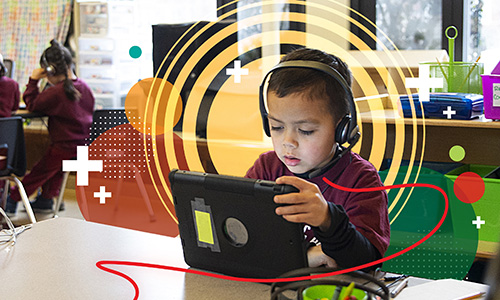Journal article
Persistence and convergence: The end of kindergarten outcomes of pre-K graduates and their nonattending peers
October 2020
Developmental Psychology, 56(11), 2027–2039. https://doi.org/10.1037/dev0001115

Abstract
The present investigation examined the benefits of pre-K through the end of kindergarten for children from low-income homes who lived in a large and diverse county (n = 2,581) as well as factors associated with a reduction in benefits during the kindergarten year. Results revealed that pre-K graduates outperformed nonattenders in the areas of achievement and executive functioning skills at the end of kindergarten, and also that the benefits of pre-K at the start of the year diminished by a little more than half. This convergence between groups’ performance was largest for more constrained skills, such as letter-word identification, and was attributed to the fact that nonattenders made greater gains in kindergarten as compared with graduates of pre-K. Importantly, convergence in the groups’ performance in kindergarten was not attributed to pre-K children’s classroom experiences in kindergarten. Convergence was, however, attributable to preexisting individual differences, and there was support for the notion that even though children’s skills are susceptible to improvement as a result of pre-K, their longer-term outcomes are likely to be impacted by factors that are outside the scope of early schooling.
See MoreThis article was published outside of NWEA. The full text can be found at the link above.
Topics: Early learning







